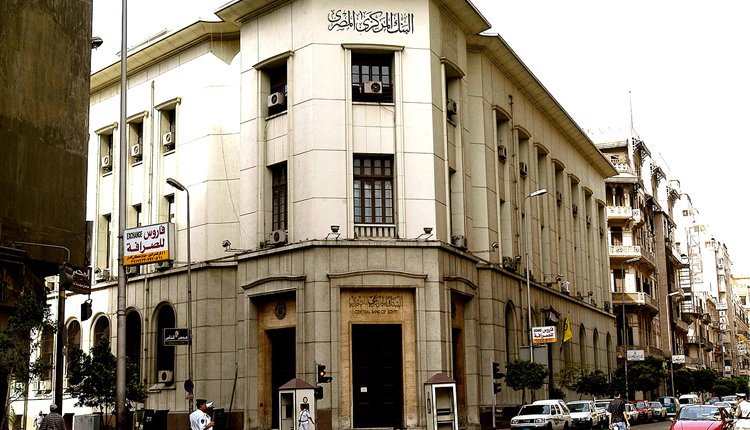Egypt’s central bank will likely make a third consecutive cut to its key interest rates on Thursday, a Reuters poll showed, as inflation fell to its lowest in nearly 14 years in October.
Eight out of 14 economists surveyed by Reuters expected the Central Bank of Egypt (CBE) to cut rates by 100 basis points (bps). Two predicted a 50 bps cut, two foresaw the bank slashing 150 bps and two expected no change.
“October’s low inflation figure increases the CBE’s room to cut rates at its meeting on Thursday whilst maintaining attractive real interest rates,” said Callee Davis, an economist at NKC African Economics.
Egypt’s annual urban consumer price inflation fell to 3.1% in October from 4.8% in September, its lowest rate since December 2005, according to Refinitiv data. The CBE targets inflation of 9% ±3 percentage points. It cut rates by a combined 200 bps in August and September.
Analysts also said the U.S. Federal Reserve’s decision to cut interest rates last month would support a CBE decision to cut rates.
But economists also expected the comparative inflation rates in November and December 2018, which were relatively lower, to diminish the favorable base effect.
“Although, theoretically, there is more room for the CBE to cut rates, we expect the monetary easing cycle to continue being gradual as the base-year impacts come to an end,” said Allen Sandeep, head of research at Naeem Brokerage.
Some analysts said the less favorable base effects expected in November and December would weigh on a decision to cut.
“The significant drop in inflation figure is just temporary due to a very high/favorable base effect of 2H18,” said Noaman Khalid, an economist at CI Capital, who predicted the bank would hold rates.
The CBE should not use low inflation as the main factor for cutting rates, Khalid said, adding that it needed to assess the impact of its last two cuts before easing further. He also said the bank needed to maintain Egypt’s carry trade appetite.
Charles Robertson, chief economist at Renaissance Capital, who also predicted no change due to favorable base effects subsiding, said the bank may consider a cut to counter the strength of the Egyptian pound. The currency has appreciated 9.86% against the dollar in the year to date.
A third straight cut to interest rates would bring down Egypt’s relatively high overnight deposit and lending rates of 13.25% and 14.25%.
“With the latest inflation reading, Egypt’s real interest rate has now widened to around 10%, the highest among emerging economies,” Naeem Brokerage said in a research note.
“Even with a rate cut, real interest rates would remain healthy and attractive relative to other global economies,” said NKC’s Davis.
